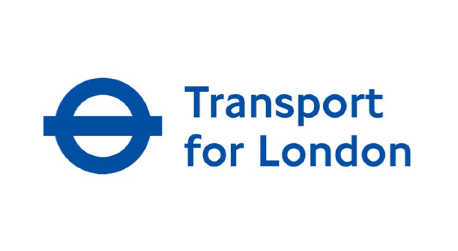London Tube Strike: Commuters Braced for Six Days of Chaos as RMT Walkout Looms
Londoners are being warned to brace for one of the most disruptive strikes in recent years, with the capital’s Underground network facing up to six days of major disruption if the RMT union pushes ahead with its latest industrial action.
Transport for London (TfL) has confirmed that services could grind to a halt between Sunday and Friday, with commuters urged to complete all journeys by early evening on the opening day of the strike.
From Monday through Thursday, most of the Tube is expected to close down entirely. Any trains that do run will begin later than normal, with no services before 8am. Friday will also see a staggered return to normality, with full services not resuming until mid-morning.
This rolling strike involves 10,400 RMT members, targeting different job roles across the week — from signallers and station staff to train drivers. The union is demanding a reduction of the working week from 35 to 32 hours, alongside a pay rise.
Claire Mann, TfL’s chief operating officer, said: “We are disappointed that the RMT union has announced strike action. …
Given the improvements we have recently put in place in response to concerns raised by our unions, we urge the RMT to call off this action, which will only disrupt Londoners.”
The looming London Tube strike has already forced global rock band Coldplay to reschedule two of their Wembley Stadium shows. The band confirmed that 82,000 fans could not have been safely accommodated with a crippled transport network.
Businesses have also raised alarm. Muniya Barua of BusinessLDN warned: “This industrial action will hit already sluggish economic growth, particularly in sectors like hospitality and retail that are struggling due to hikes in employment costs.”
London Mayor Sadiq Khan, who chairs TfL’s board, is under renewed pressure. Critics accuse him of failing to live up to his pledge of “zero strikes” while in office.
City Hall Conservatives branded his response “absolutely useless”, accusing him of abandoning commuters during the crisis.
While the Tube faces paralysis, some lifelines remain. The Elizabeth line and London Overground will continue operating but are expected to be far busier than usual. However, interchanges at certain Underground stations may be impossible.
On top of this, no DLR services are expected on Tuesday and Thursday due to a separate dispute with Keolis Amey Docklands, the private consortium running that line.
TfL has tabled a 3.4% pay increase for staff, mirroring offers accepted across other parts of the rail industry. The sticking point is the union’s push for a shorter working week.
Exclusive: Tube strike set to deliver £230m blow to London economy was backed by just 57% of RMT members: https://t.co/NI9BOps74E #London #Transport #TFL #LondonNews
— MyTransit London (@MyTransitLondon) September 2, 2025
TfL insists that cutting contractual hours would be unaffordable, particularly as the organisation faces severe financial pressures.
Industry sources suggest the RMT leadership is struggling to back down after promising reduced hours to members, leaving both sides at an impasse.
The RMT, however, maintains it is open to negotiation. A spokesman said: “We remain open to talks and are awaiting a revised offer.”
The timing of the strike couldn’t be worse. With schools reopening and workers returning from summer holidays, London’s already strained transport network is heading for a week of gridlock.
Hina Bokhari, leader of the Liberal Democrat group on the London Assembly, said: “A week-long Tube strike is deeply disappointing. Londoners are paying a high price for this complete breakdown in industrial relations.”
Despite public frustration, negotiations are still underway. But unless there’s a breakthrough, Londoners should brace for a week of delays, diversions, and packed platforms across the capital.






